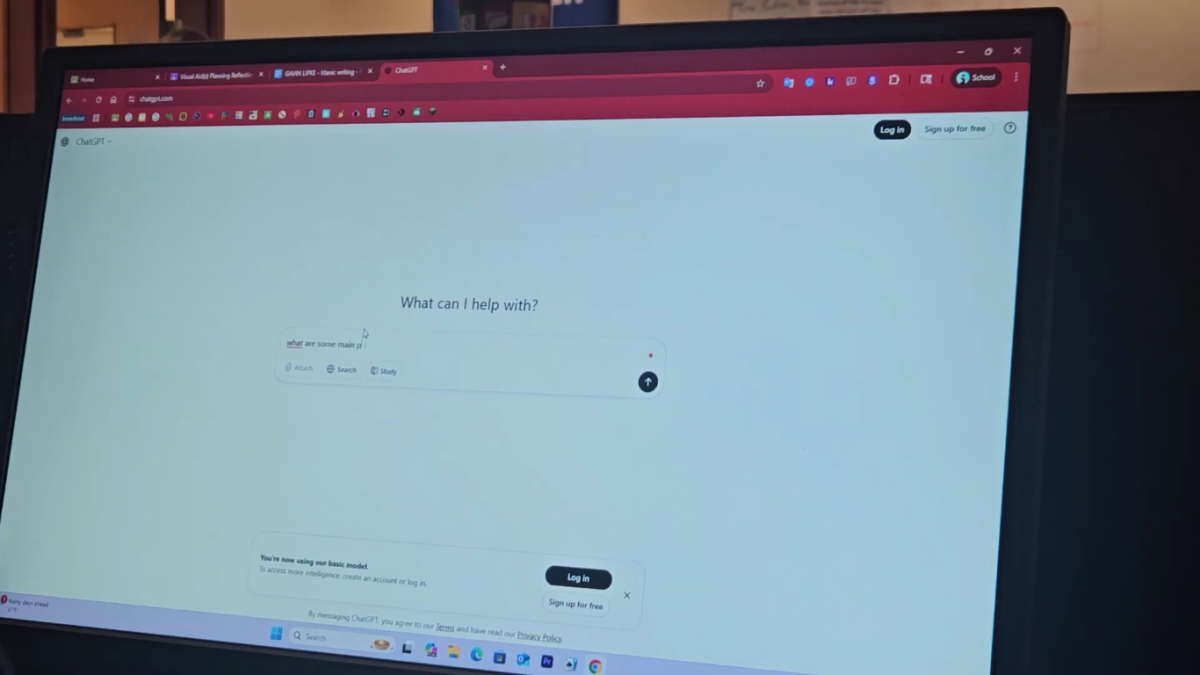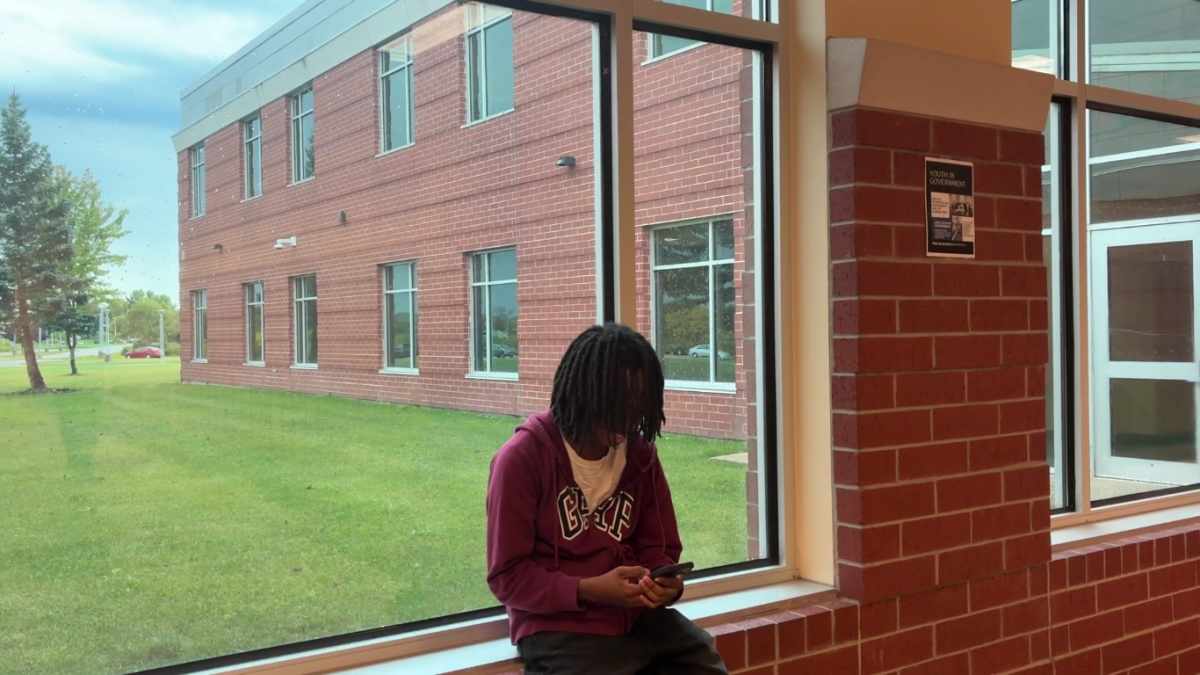Coexisting on Social Media
How to navigate social media in the midst of controversy and hate
March 4, 2021
“Quit the app.” “You’re canceled.” “Keep your mouth shut next time.” These are some of the milder comments you can find under any post on Tiktok, Twitter, Instagram, etc. Social media has been thriving for the past few years, especially during the COVID-19 pandemic, and with it, “cancel culture” and criticism of content creators among other things have become large topics of debate. For those who don’t know, cancel culture is a modern form of public shaming or ostracization, which serves to combat sexism, racism, homophobia, abuse, grooming, etc. As a disclaimer, the purpose of this story is not to tell you to change how you use social media, but to acknowledge a diverse range of opinions and possibly come to an understanding of those who have differing views from our own.
An anonymous survey of over 60 Fondy students about how they view social media and the controversy surrounding it revealed that most social media users, 73.2% to be precise, witness people attacking each other online weekly, if not daily. When asked if it was likely for those people to still voice their disagreements if they were face to face, 48.5% of the respondents said no, and 35.3% said maybe.
When it came to students’ opinions on subjects like cancel culture, trigger warnings and gatekeeping, it was clear that most feel very strongly. The most recurring opinion was that cancel culture as a whole can be toxic, though people do need to be called out when they’re being offensive or harmful. One person answered, “Canceling may not be pretty, but it’s necessary to hold others accountable.” Another said, “Cancel culture is not nearly as big of a problem as some people would like to believe. Sometimes people get hung up on minor issues, but most of the time the people getting ‘canceled’ have actually done or said something that is highly problematic.” And even, “Cancel culture is the worst thing to happen to the planet since WWII.”
On the topic of trigger warnings, the general consensus was that they are necessary, and those with triggers are valid. There were a few responses, though, saying that trigger warnings can be excessive, like warnings on articles of clothing or the act of eating.
Gatekeeping, when someone tries to dictate who does or does not have access or rights to a community or identity, is seen as immature and annoying by almost every respondent.
Pronouns have been another hot topic on social media. There are those who respect others’ pronouns because they can be a large part of someone’s identity and individuality, and those who say pronouns are ridiculous.
Bearing in mind the wide variety of opinions, how do we navigate social media in a way that respects everyone? A general rule when calling someone out for being sexist, racist, homophobic, unsafe or inappropriate is to not attack them violently, but firmly tell them that whatever it is is not OK and what to do in the future. If they refuse to be considerate of the people they’re hurting, then further action must be taken. Also, keep in mind that everyone makes mistakes, though they should always be held accountable for them.
Although it may seem impossible, try to see through the eyes of others who have differing perspectives. Be willing to hear the other side of the story and possibly even improve the way you view things, including respecting peoples’ pronouns. Don’t invalidate others, no matter how much you disagree with them, because there is always a reason for the way they think and act.
There were a couple respondents on the survey that said, “It doesn’t matter,” or, “I don’t care,” which is fair, but it’s good to remember that just because something doesn’t apply to you doesn’t mean you get to brush it off or ignore it. If it could harm someone mentally or physically, it matters. The same thing goes for those who think things are becoming a problem now which weren’t problems in the past. Just because something hasn’t been talked about before, like pronouns or triggers, doesn’t mean they never existed before; they still deserve validity.
Now, there are exceptions for coexisting with everyone you meet. If someone has an opinion that rejects or hurts you, you do not owe it to them to put up with it. No matter if you’re a POC, member of the LGBTQ+community, or disabled, human rights are not debatable. It is a fact that every individual deserves dignity and respect.












